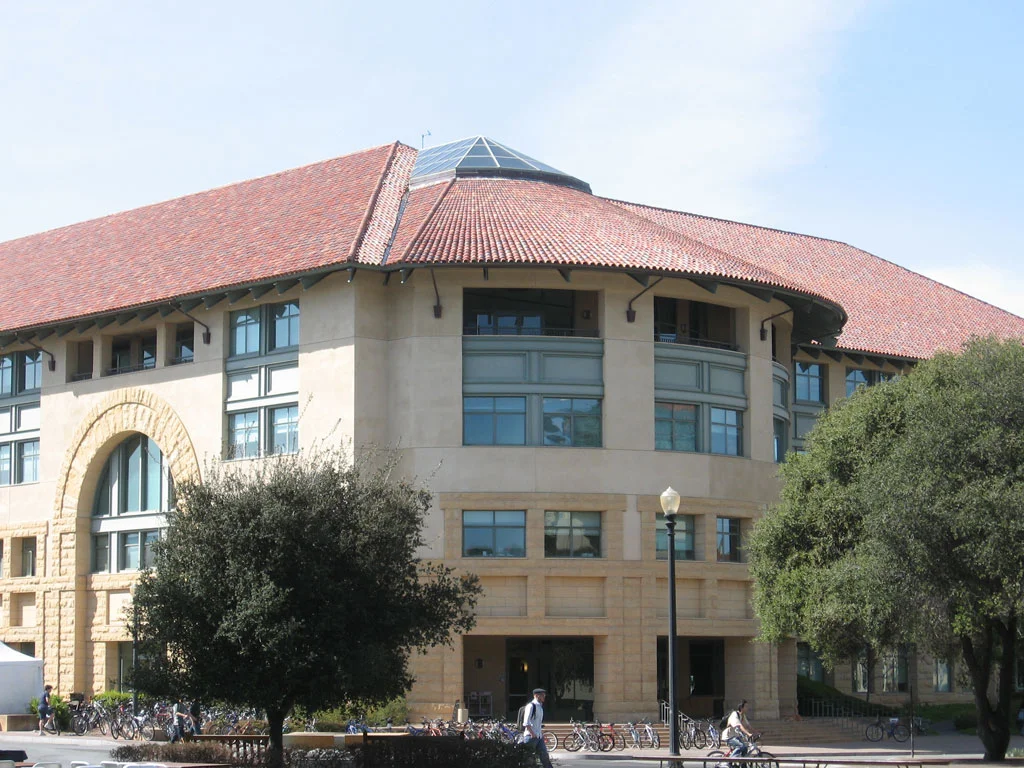The most popular major at Stanford is not biotechnology or communications, but computer science, a major that declined in numbers by 27% between 2005 and 2010: however, today Stanford counts over 220 students in its computer science major (CSBS). Of the Stanford undergraduates not taking the major, 90% will still take computer science courses prior to graduation, despite there being no requirements. Possibly the poor job market, the high pay (even without a graduate degree) for CSBS graduates or the possibility of changing the world by building a revolutionary iPhone app or tech product is driving this trend. In any case, according to a report from the Computing Research Association, enrollment in computer science programs across many universities has risen steadily over the last three years.
The International Campus Rush
The September 23rd, 2011 Economist contains an ad from the Qatar Foundation citing the efforts of Tammi Moe of Virginia Commonwealth University, who is traveling the globe, assembling an archive history of Qatar’s cultural history. Yes, Qatar is home to Virginia Commonwealth University’s international satellite campus, which specializes in teaching fine arts. You might not even know where Virginia Commonwealth is located in the United States (it’s in Richmond, Virginia) but in Qatar it’s in Education City in Doha, Qatar’s capital. Quaint, isn’t it?
No Qatar, and VCU has plenty of company…
Trends Among Top Colleges
When is enough ever enough? You might want to ask William Fitzsimmons, dean of admissions at Harvard, that very question. This year Harvard received over 35,000 applications for 1,700 offers. That is slightly over a 4.8% acceptance rate. By some estimates, 1 out of every 50 college-ready high school seniors sent an application to Harvard. Frankly, with Harvard’s aggressive financial aid package for any family making HHI under $180,000, and with its single essay supplement to the Common Application, the applicant pool might exceed 40,000 next year.
“Why Carnegie Mellon [or any other school you are applying to]?"
Look at the following prompts from some of this year’s supplements to the Common Application:
“…explain why you have chosen Carnegie Mellon?”
“Tell us how you will utilize the academic programs in the College of Arts and Sciences [Cornell University]?”
“Write about subjects and learning situations that interest you most, and how you intend to use your autonomy here [University of Rochester]?”
They are all asking pretty much the same question: What do you expect to gain by attending our school?





![“Why Carnegie Mellon [or any other school you are applying to]?"](https://images.squarespace-cdn.com/content/v1/56bcde7df85082b0eecac2e5/1458943991480-OMJ9B7KWB2NM2GD3SFBV/Hamerschlag_Hall_CMU.jpg)